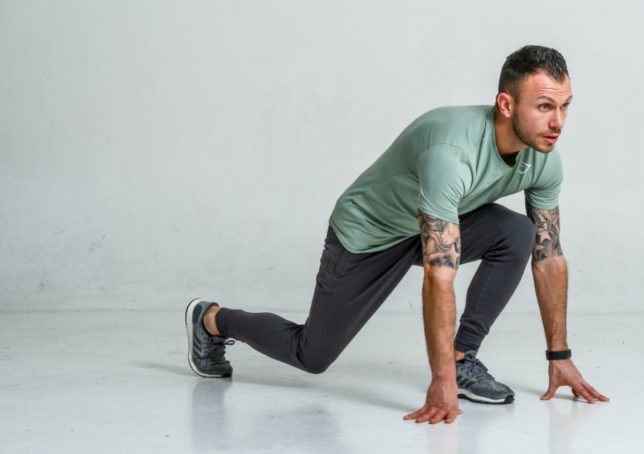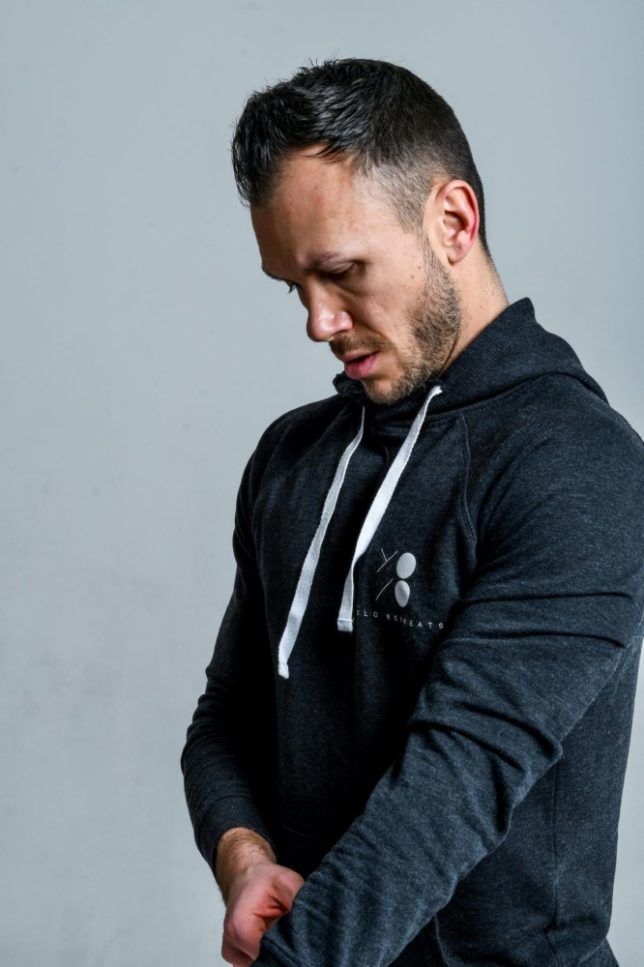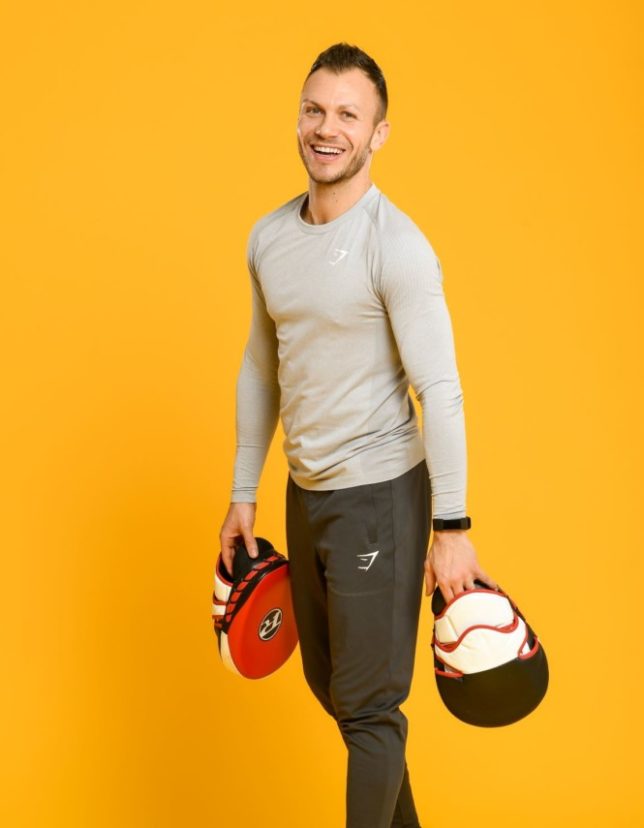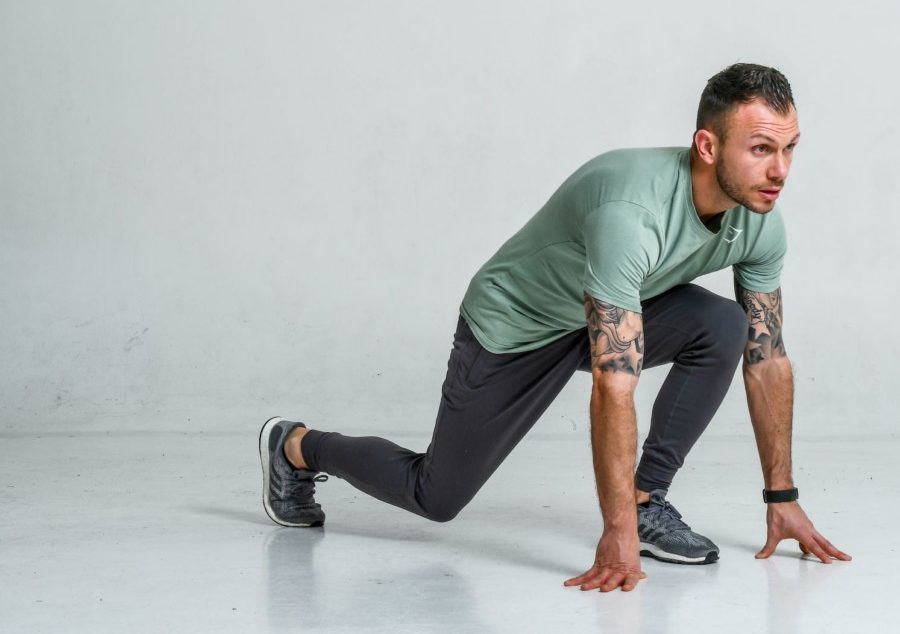James Golden is an elite fitness trainer and health & fitness expert. Here he offers practical advice on how to rebuild your core strength after pregnancy.
It is important to understand how pregnancy affects the body as a number of physical changes will occur before you can understand how to build the core strength back.

As the stomach expands, the abdominals stretch, and the back muscles shorten. The connective tissue through the abdominals and spine will also separate. Ligaments and joints in the pelvis become very unstable which will cause the pelvic floor to potentially weaken due to the added weight’
Unfortunately, things don’t naturally snap back into place immediately after baby arrives and the body is not ready to bounce straight back to exercise.

If someone has a straightforward natural birth, applying the body back to gentle exercise is advisable when mentally and physically ready to do so. This could include walking, pelvic floor movements and a range of core exercises.
It is possible to have a strong abdomen but still have poor core stability. The core is your foundation for movement and there is a number of components which will require re-training to ensure overall stabilisation is achieved.

The pregnancy process applies a lot of pressure on the body but it is completely natural and the first objective is to feel good about yourself again and not to rush back to pushing the body too hard. Typically, between 6-10 weeks from giving birth is what would be recommended.
It is not advisable to apply crunches or spinal flexion for six months or until any issues with diastasis or pelvic floor dysfunction are resolved. The key is to perform exercises that safely help stabilise the pelvis and midsection.

Trying to activate the deepest muscle layer (transversus abdominus) is a key first objective. You can perform this exercise lying down, sitting, standing, or on your hands and knees.
- Keep your lower back flat.
- Breathe out and draw your belly button back towards your spine. Your lower back shouldn’t flex or move.
- Hold this position and breathe lightly. Count to 10.
- Relax and repeat up to 10 times per set.
- Perform 10 sets, as many times per day as you can.
Once the gap in your abdominal muscles has improved, you can progress to more demanding exercises which will include the all-important focus on pelvic floor muscles as they are likely to be weakened.

These exercises are performed lying down on your back with the knees at flexion. Try to relax your abdominal muscles. Don’t bear down or hold your breath. Gradually squeeze and increase the tension until you have contracted the muscles as hard as you can. Release gently and slowly. Then perform the exercises, which include a variation:
- Squeeze slowly and hold for between five and 10 seconds. Release slowly. Repeat 10 times.
- Perform quick, short and hard squeezes. Repeat 10 times.
- Squeeze, then clear your throat or cough lightly. Repeat three times.
- Aim for five or six sets each day.
A range of activities such as yoga, pilates, swimming and low-intensity cycling will be useful to help strengthen those key components of the core. However, it is important to listen to your body, take it easy and progress gradually. It takes 10 months to grow a baby and the body will need some coaching back to pre-baby condition.
About the expert
 James Golden also known as ‘The Fitness Pro’ developed a passion for sport at an early age and realised during his days at school that his enthusiasm for health and fitness would be his future career. Graduating from Bucks University with a sports science degree led James into completing a diploma in personal training with the YMCA which created the pathway to a career in the fitness industry.
James Golden also known as ‘The Fitness Pro’ developed a passion for sport at an early age and realised during his days at school that his enthusiasm for health and fitness would be his future career. Graduating from Bucks University with a sports science degree led James into completing a diploma in personal training with the YMCA which created the pathway to a career in the fitness industry.
Having now spent over 15 years in health and fitness working with a range of clients, James has seen a range of fads come and go along with social media diluting the industry with do’s and don’ts. James has built an impressive CV and his skills and ambition has helped to develop ‘YOLO Retreats’ which provides programmes for individuals and families to make small steps to effective lifestyle changes, covering everything from state of mind to educating on nutrition.

